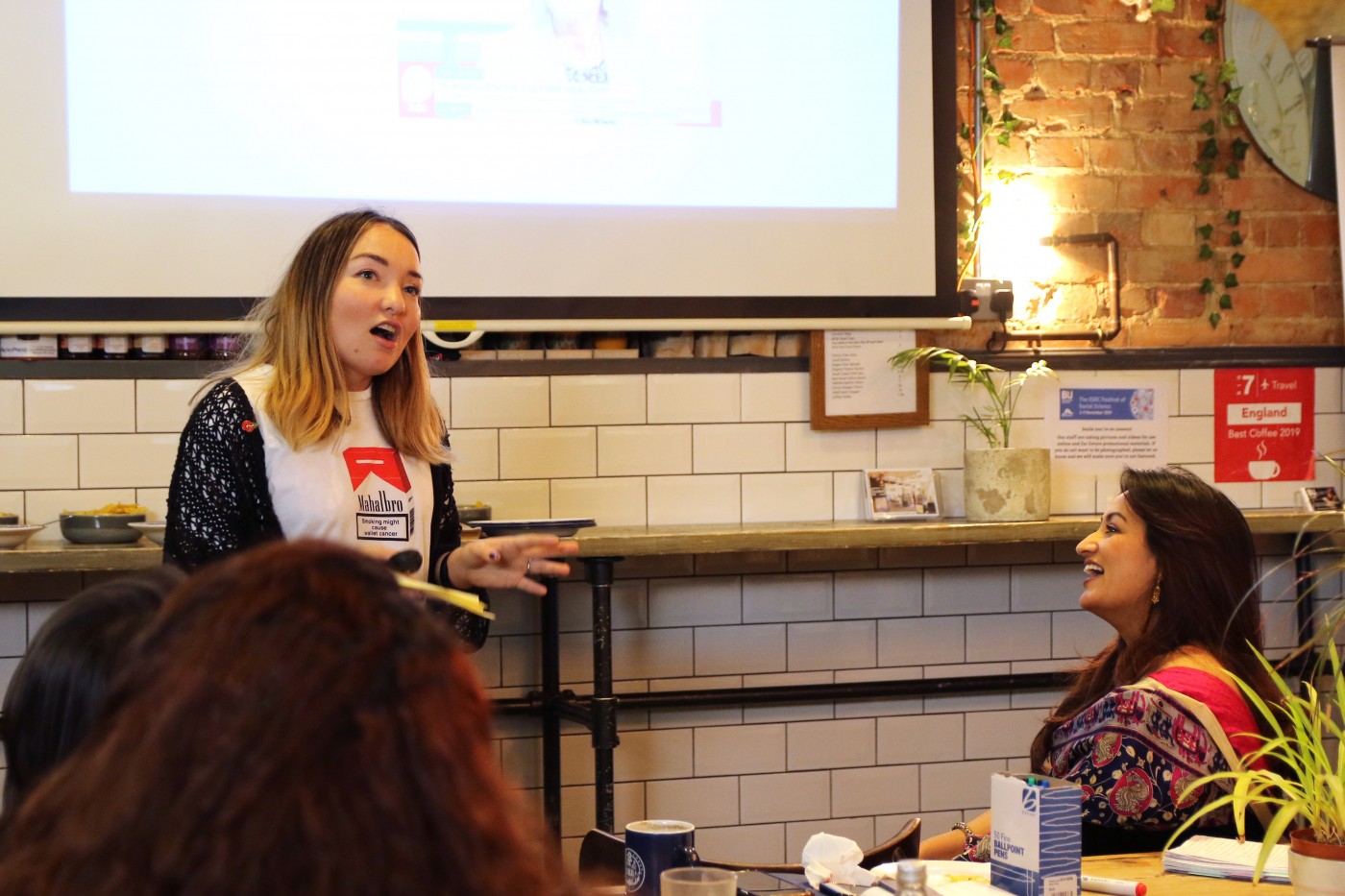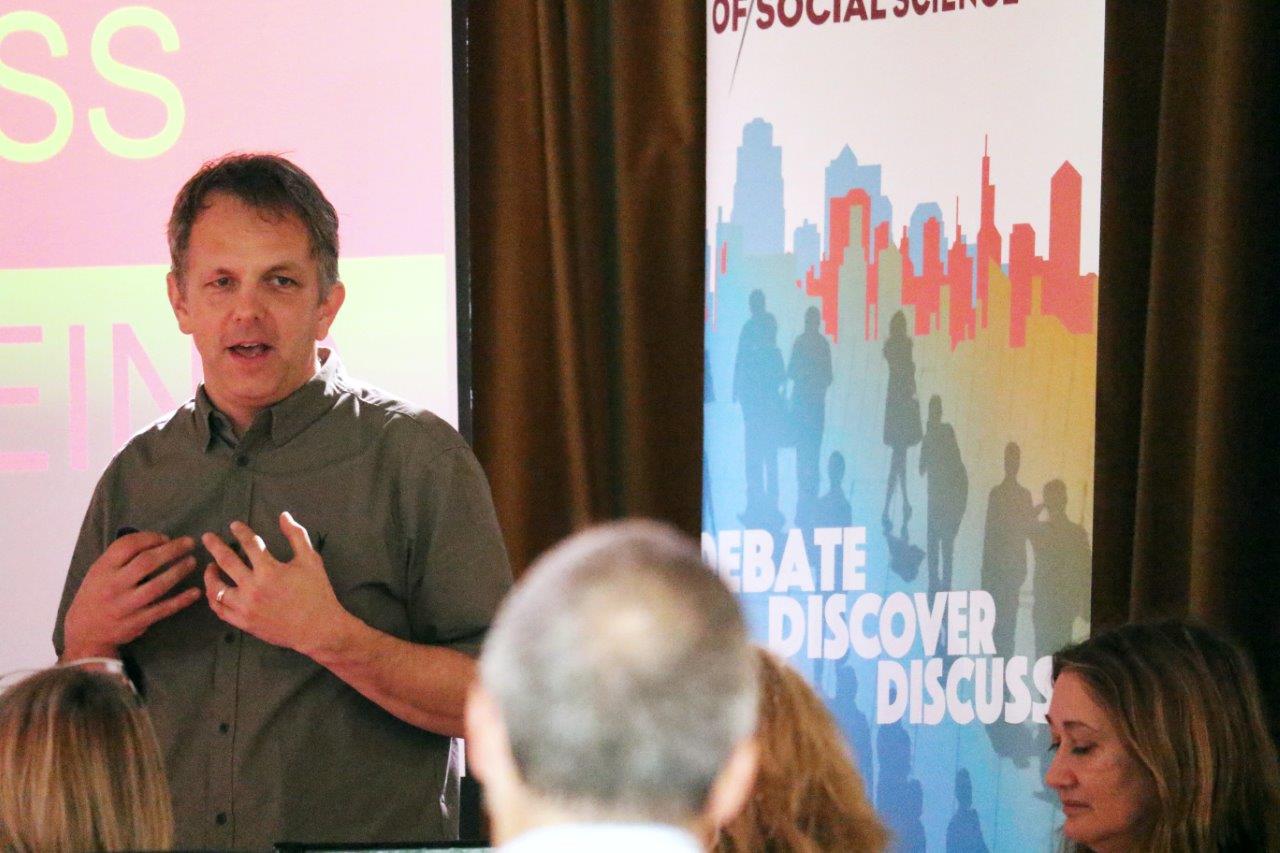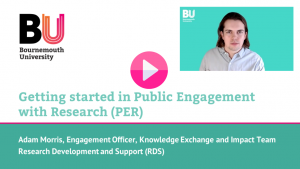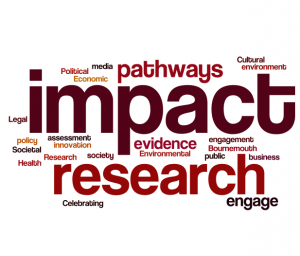The call for applications for this year’s ESRC Festival of Social Science is now open – deadline Fri 29 April.

What is the ESRC Festival of Social Science?
The ESRC Festival of Social Science is an annual, UK-wide, free celebration of the social sciences, planned to take place from 22 October – 13 November 2022. BU have been involved in the festival for over a decade, running our own internal selection process and delivering up to ten activities per year.
The festival aims to encourage, support and create opportunities for social science researchers to engage with non-academic audiences.
Why should I take part?
The festival is a prestigious initiative by a major research funder, and BU’s continued involvement is justified by the quality of our events and activities. Being part of this festival is an achievement worth citing and celebrating. 
It is an excellent opportunity to engage people outside of academia with your research and with the benefit of co-ordinated support and promotion from RDS and the ESRC.
You can apply for up to £1000 to deliver your project.
Are there rules about topics, or target audiences?
The theme set by the ESRC for this year’s festival is ‘my local area’. The ESRC want to see at least a quarter of festival events on this theme.
Although encouraged, adhering to this theme is not essential for your proposal. Other social science themes are still welcome.
The ESRC expect to see the majority (>80%) of events targeted at ‘general public’ and youth audiences. This means people attending out of a personal interest in the topic, rather than in a professional capacity.
There is scope for a small minority (<20%) of activities targeting professional stakeholder audiences, for example, people whose work uses your research. Bearing in mind the limited capacity and higher competition for such proposals aimed at professional audiences, your application would need to be outstanding to merit inclusion.
What if I’ve never done any public engagement before?
Everyone has to start somewhere, and this is the ideal place. You’ll have access to comprehensive support, advice and training throughout. If you’re unsure, seek out a more experienced colleague to collaborate with.
Can I apply if I’m not a social scientist?
The ESRC says that events must “feature social science (ideally with a social scientist involved in the event)”. If this doesn’t clearly apply to you, consider these options;
- Does your research have clear implications for society that could be explored from a social science perspective?
- Could you collaborate with a social scientist, combining your resources and creativity to explore the impact of your research? If you’re looking for a collaborator, the Research Blog or BU website are great places to start or contact us for help.
What will I be expected to do?
You’ll be expected to;
- Familiarise yourself with best practice for public engagement with research. Whether you’re new to this or experienced, there’s always room to improve.
- Apply to our internal panel
- If successful, attend an initial training session to start out right
- Plan, deliver and evaluate your activity or event, working with the public engagement team to shape your project into an impactful, professional and fascinating experience.
What support will I get?
Being part of this festival means a higher level of support and reach than we are normally able to provide.
Before applying, you’ll have access to:
- A dedicated session of the Public Engagement with Research (PER) Network, featuring previous event holders.
- Bookable one-on-one advice slots with BU’s Engagement Officer.
- Detailed applicant guidance to help you apply.
When your application is successful, you’ll get:
- A half-day training session from an expert external public engagement trainer
- Continuing advice and support from BU’s public engagement team on all areas of planning, promoting delivering, evaluating your activity.
- The promotional boost from being part of a huge national festival.
What next?
If you’re interested in applying, here’s what to do next;
- Explore previous events from BU and examples from around the country.

- Start brushing up on how to make public engagement work for you and your audience. A great place to start is BU’s own video guide to getting started in public engagement with research (Brightspace). You can also browse guidance and case studies from the National Co-ordinating Centre for Public Engagement (NCCPE).
- Book an advice slot.
How to apply
- After following the previous steps, read the application guidance to support you in completing an effective application.
- Submit your application using the online form. You can save your progress and return later, though it’s advisable to keep a backup elsewhere. There is a pdf version of the whole form for drafting purposes only.
We’ll provide more information on applying to the ESRC Festival of Social Science on this blog and the PER Network over the coming weeks. If you have a question in the meantime, please email the team.




















 Upcoming opportunities for PGRs – collaborate externally
Upcoming opportunities for PGRs – collaborate externally BU involved in new MRF dissemination grant
BU involved in new MRF dissemination grant New COVID-19 publication
New COVID-19 publication MSCA Postdoctoral Fellowships 2024
MSCA Postdoctoral Fellowships 2024 Horizon Europe News – December 2023
Horizon Europe News – December 2023